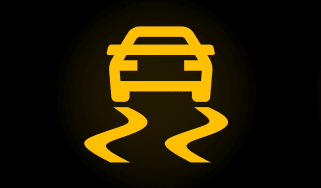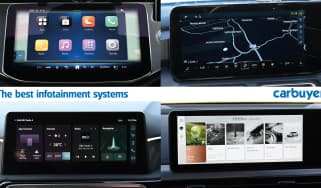In-car safety assistance systems leaving drivers confused and dissatisfied
Research suggests that public confidence in the latest driving safety features is faltering
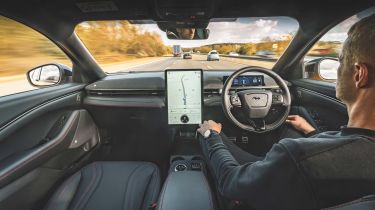
UK drivers are losing confidence in the latest safety and assistance systems fitted to their cars, according to new research.
The survey, carried out by mobility experts at UK-based consultancy firm DG Cities, revealed that 40% of car buyers are not receiving sufficient information about the various safety and assistance systems fitted to a car before making a purchase. This lack of understanding is leaving drivers confused and dissatisfied by the systems, and is damaging public confidence in the technology.
Further investigation revealed that some dealerships lacked an understanding of the systems themselves, or in some cases, were overselling the capabilities of the technology to car buyers.
The Advanced Driver Assistance Systems (ADAS) in question include Lane-Keeping Assistance, Automatic Emergency Braking (AEB) and Intelligent Speed Assistance (ISA). Manufacturers have been legally required to fit them to all new cars in Europe since July 2024, including cars sold in the UK. However, the UK is yet to implement Europe’s ‘General Safety Regulation 2’, a piece of legislation designed to regulate these new driving aids. DG Cities sees this as an area where “oversight and standardisation is lagging” in the UK.
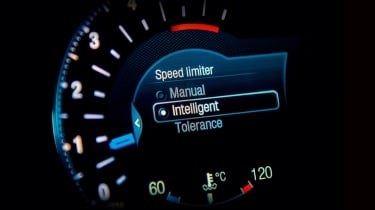
DG Cities pointed out that these advanced safety systems are a necessary intermediate step in the transition to driverless cars. Balazs Csuvar, Director of Innovation and Net Zero at DG Cities, explained, "If people don't understand or trust ADAS today, we cannot expect them to embrace autonomous vehicles tomorrow."
"ADAS technologies are the stepping stones to full autonomy. The UK’s transition to a self-driving future relies on building public trust and confidence in these systems.”
As a possible solution, Csuvar suggested that the UK government needs to provide better regulation of ADAS technologies. Today, there are no compulsory tests for driving assistance and safety systems fitted to cars sold in the UK. DG Cities’s research revealed that just 30% of car buyers trust car makers to self-assess their safety systems.
“Consumers and fleet operators must rely on non-compulsory Euro NCAP ratings to assess and compare ADAS performance. However, this requires participation from the manufacturer, and the test scenarios the vehicle is subjected to are limited. Testing must be expanded to cover more scenarios and real-world edge cases,” Csuvar said.
On a more positive note, the survey also concluded that 70% of drivers appreciate the safety benefits that ADAS technologies provide. Better regulation and clearer explanations of the tech’s limitations could be the key to improving public confidence in ADAS – something that needs to happen if we’re to transition to an autonomous future smoothly, according to the experts.
Find out about the latest Tesla Autopilot and Full-Self Driving systems here…
Recommended

What is Android Auto? Apps, music and new gaming features
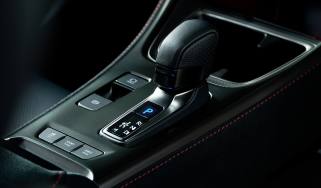
What is a CVT gearbox? Reliability, pros and cons, and E-CVTs
Most Popular

Omoda E5 targets rivals: now with zero deposit and APR

Ford Puma Gen-E driven: Electric charmer or too little, too late?
Tips & advice

Car dashboard warning lights: what does each symbol mean?

Electric car charging stations: public networks, charger types, apps and maps

